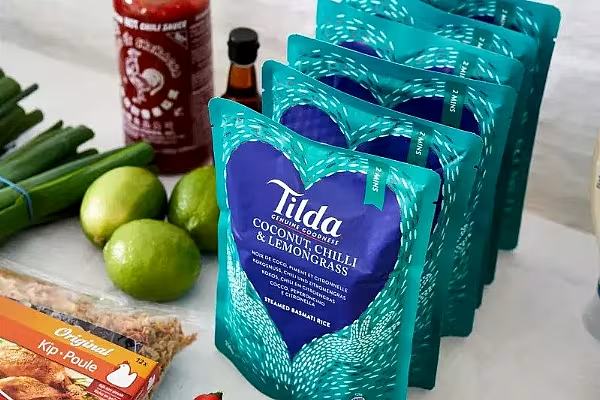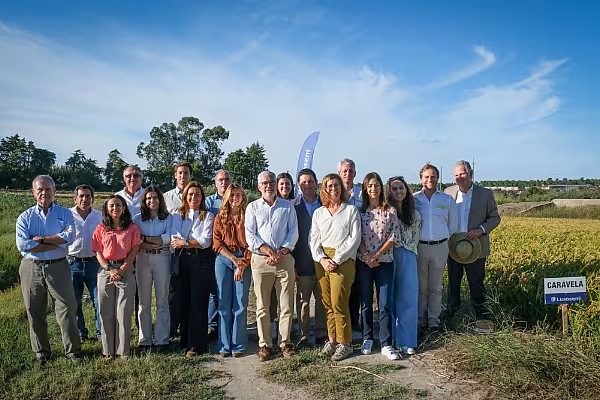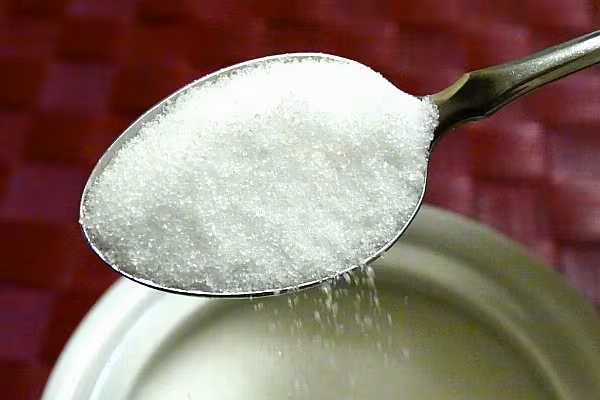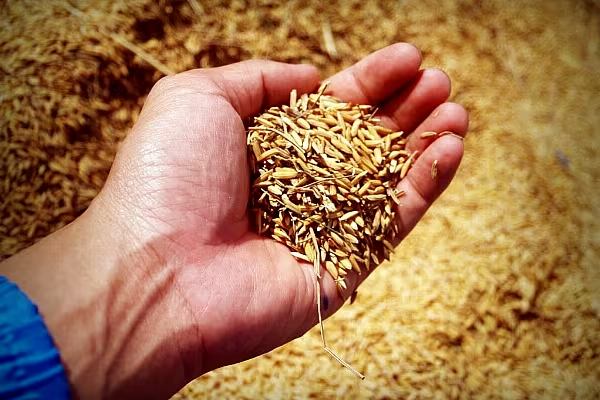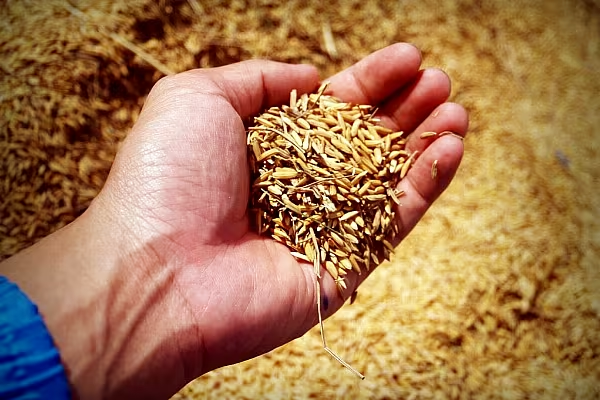Spain’s Ebro Foods has reported a 4.3% year-on-year growth in net profit, to €107 million, in the first half of its financial year.
The group’s net turnover declined 7.3% to €1.37 billion compared to the same period last year, which saw compulsive buying as the pandemic unfolded.
In terms of CAGR 2021/2019, the turnover rose by 6.4%, which reflects the strength and leadership of Ebro’s brands in a new competitive environment.
EBITDA-A declined by 6%, to €177.2 million, compared to 2020, while the EBITDA-A margin grew by ten basis points to 12.8%, despite the increased costs during the period.
The company’s net debt stood at €947.7 million, which was €3.2 million less than at the year-end of 2020.
It includes dividend payments in April and June and the accrued dividend to be paid in October, amounting to €29.2 million, €49 million in CAPEX investments, an increase of €115 million in working capital since year-end, €77 million in corporate income tax payments and the proceeds of €195 million obtained in the sale of the North American dry pasta business.
Divisional Performance
Ebro’s rice business posted sales of €865.9 million in the first half, down 9.6% year-on-year, as panic buying subsided and shoppers returned to normal buying patterns. However, compared to 2019, the division’s sales increased by 5.9%.
EBITDA-A amounted to €116.2 million, down 7.0% compared with 2020 and up 8.6% in terms of CAGR R 21/19.
The company is currently dealing with significant cost inflation as transport expenses from Asia have more than tripled. As a result, it has pushed up the cost of aromatic rice varieties, which are essential for Riviana and Tilda brands.
Sourcing diversification and increased working capital are providing a very strong defence against the expected 15% reduction in the North American harvest and 50% reduction of crop area in Andalusia in Spain, the company noted.
The pasta division posted sales of €540 million, down 5.8% year-on-year, and an EBITDA-A of €68.8 million.
The division saw double-digit growth in the sales of sauces and an 8% increase in the sales of fresh pasta in this period.
High commodity prices and transport costs to the USA, an important market for the Bertagni and Garofalo businesses, also posed significant challenges.
The group also concluded the divestment of its dry pasta business in North America in the first half, with the sale of the Ronzoni brand and the Winchester and Fresno plants.
